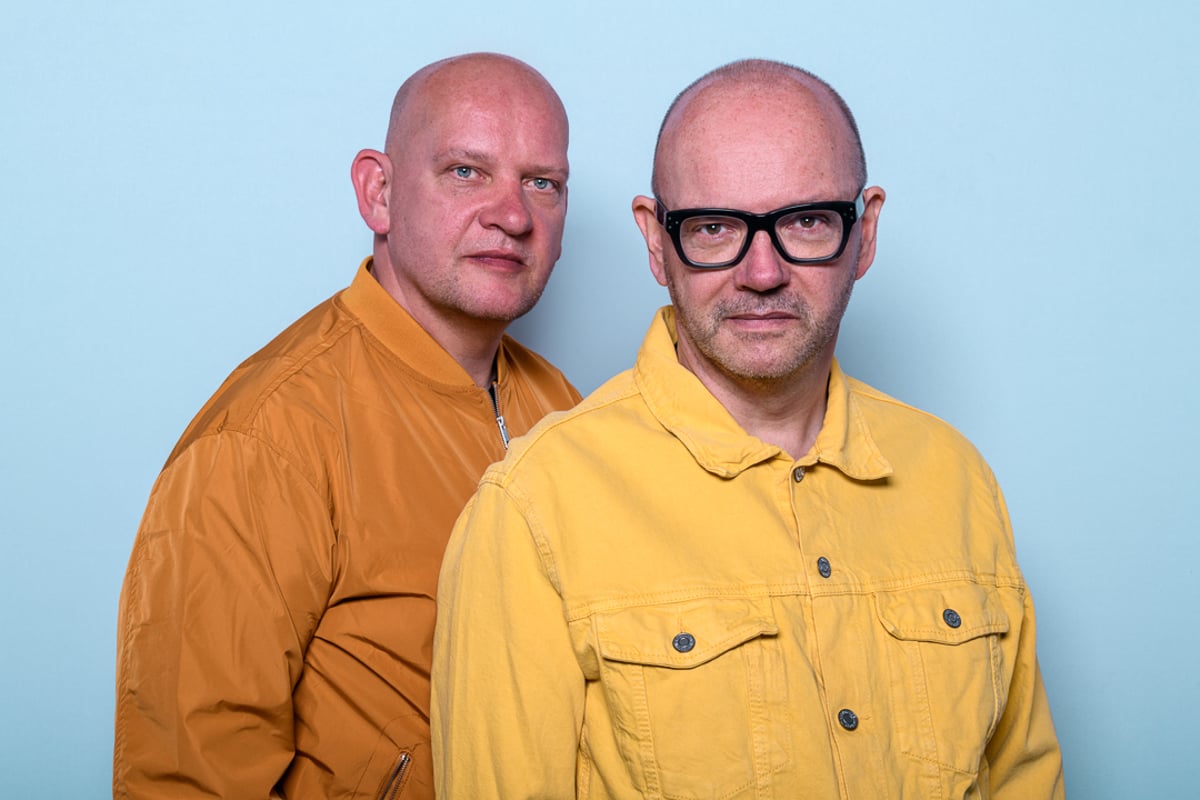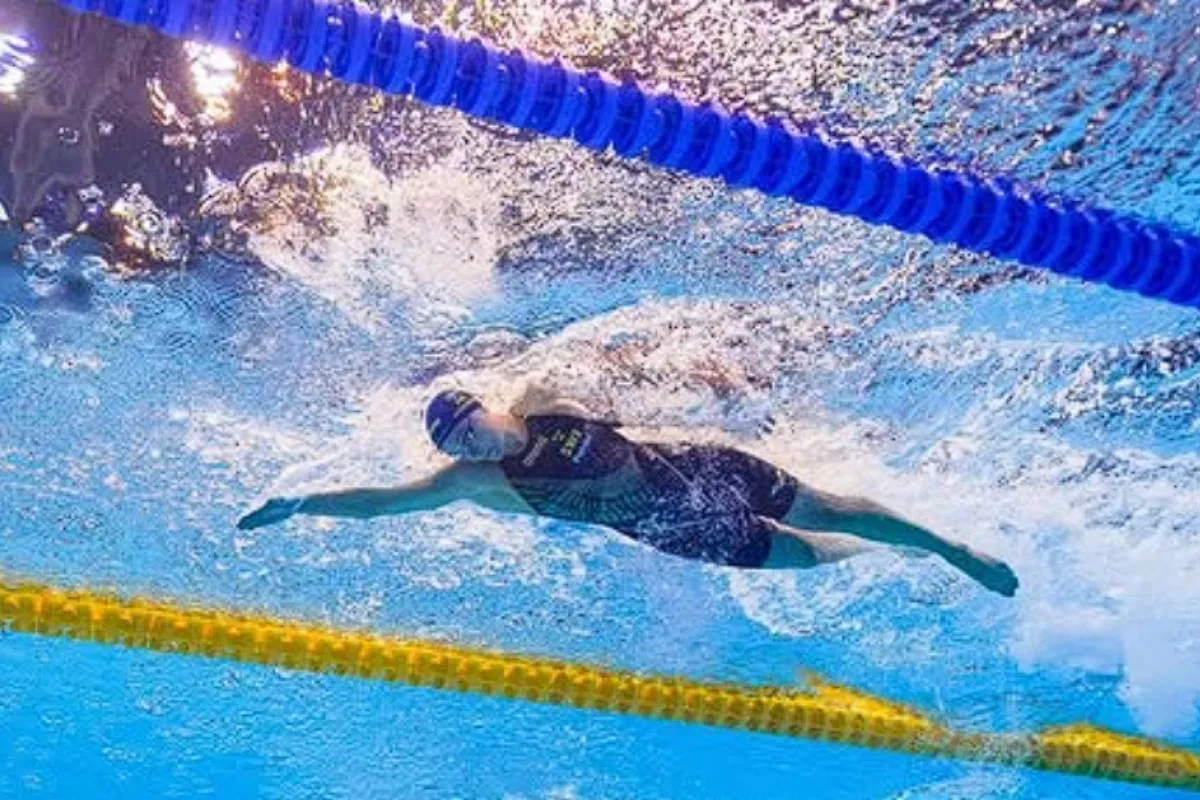Copyright glasgowworld

Looking back over four decades of music, Greg reflects on how their past continues to evolve through their growing online archive. “Music's a timestamp, isn't it?” he says. Delving back into their past while going through recordings has reawakened some memories, “I had some wild, crazy dreams about the eighties, which were kind of psychedelic in a certain way. And Pat and I relived a few fights that we had. I remember what happened with Hue and Cry for the last 40 years, but everybody else has got a completely different recollection than me. We are starting to bring those different experiences together as a community.” Pat says he is proud when they look back through their musical archive: “It’s reminded me of how relentlessly creative we were and Gregory is,” he says. “There’s been certain preoccupations that recur, technology, masculinity, and various things that have been constantly prodded away at over that period of time.” Before the brothers found their sound with Hue and Cry, there was punk bands at high school and a piano: “The punk music route is a quite obvious one for most musicians because it's not difficult to play and it encourages people that are not maybe trained musicians,” Greg says with a grin. “Unfortunately, I was a trained musician. I've been a classical pianist since I was eight or nine years old, but when The Clash brought out ‘Rock the Casbah’, I was the most popular guy in the school. I could play that riff.” Pat would write the words for this early version of a collaboration: “Punk is three chords and the truth, and post-punk is all the chords and all the truths. And then post-post-punk is, can we make a hit record out of it consciously? So we were in the post-post-punk. The technology always helped.” Although they were brought up in Coatbridge, the brothers’ have always been tied to Glasgow by music. “Billy Sloan’s radio show on Radio Clyde was a big thing because it played demos of all the bands,” Greg remembers. “Pat and I would listen to that show and it'd give you an idea. There was Lloyd Cole and The Bluebells and Simple Minds. So for me, it was Billy Sloan’s show that linked Coatbridge to Glasgow.” Pat vividly recalls hearing The Blue Nile for the first time on Radio Clyde. “I Love This Life. And I remember listening to it in the bed under the covers with my wee Rolls Royce radio car and thinking, imagine being ambitious enough to make music like that and come from Glasgow.” Where did that sound come from? “I used to be a big fan of the NME,” he says. “They’d put cassettes on the front - the most eclectic, diverse, but also purist. The idea that you could conjoin a political lyric about Thatcherism with a track that was made from Latin jazz, that burst open my imagination and became Labour of Love.” The brothers’ next chapter takes them back to the future - with a fully electronic record almost ready to go: “It sounds amazing. Ten tracks of Hue and Cry electronica.” Places that are important to Hue and Cry include Berkeley Street Studios in Glasgow where they recorded some of their most successful albums. One of Pat’s favourite places was nearby: “The Mitchell Library in Glasgow. You could go in and hire a room for 50 pence for four hours and sing your nuts off. Next door would be a jazz sax, then a cellist, then some light opera. You’d slightly hear each one of them. I thought, this is democratic socialism in action.” Performing together and touring remains a focus, and a part of their life that they are grateful for. The electronic side to their new music has already made it into their live set: “People get the future of Hue and Cry and the past of Hue and Cry at the same time.” Hue and Cry will be honoured with the Outstanding Achievement Award on Sunday at the Barrowland Ballroom for the Scottish Music Awards, recognising four decades of music-making from brothers Pat and Greg Kane. Tickets are available to purchase via Simon Foy at simon.foy@nordoff-robbins.org.uk You can access the Hue and Cry archive here.



